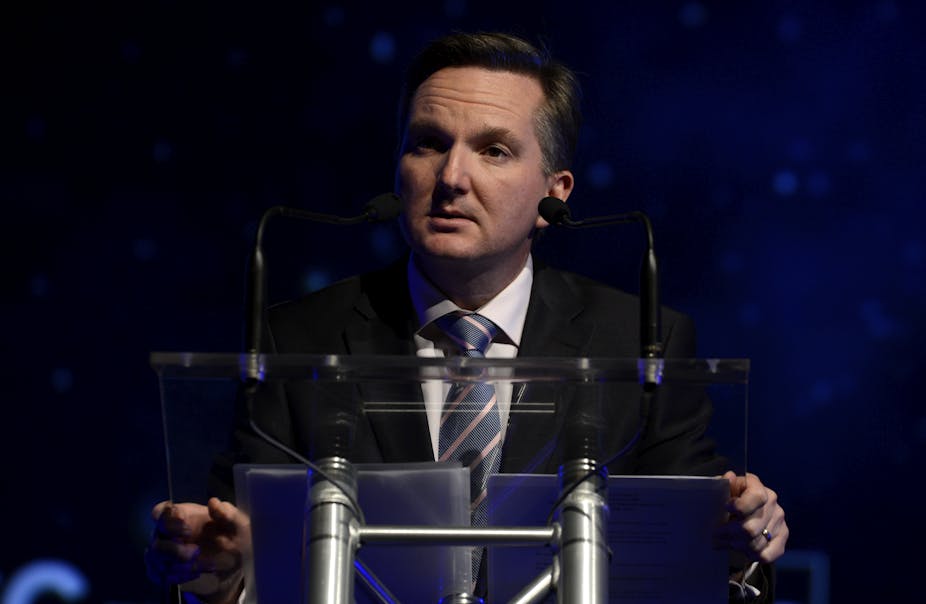The government will introduce a scheme to insure deposits in Australian banks, which will raise $733 million over four years to help the embattled budget bottom line.
If passed on in full to deposit customers, the measure will reduce the interest earned on the median household deposit of $10,000 dollars by less than 50 cents a month.
It is one of a series of cuts and revenue initiatives contained in the government’s economic statement to be unveiled tomorrow. Bank shares dipped on the basis of speculation about the fund.
A Financial Stability Fund was recommended by the IMF in its 2012 review of Australia’s financial sector.
While the money raised will help the government’s budget numbers, it will not go into consolidated revenue for general spending, but will be placed in a separate fund, acting as insurance if there was a financial crisis.
Australia presently is one of the few G20 countries which does not have such a deposit insurance scheme. Countries which do include the United States, Germany, Canada, France, Hong Kong, Singapore and Japan, and Britain is currently considering one.
The fund would build through a notional five basis points levy on deposits of up to $250,000 per account holder, per bank, mutual bank or credit union. The measure would start from January 1, 2016, allowing time for more consultation. There have already been talks with banks and credit unions.
The government points out that a five basis point levy is low by international standards - in America the maximum levy is up to nine times higher.
At present, if a bank failed the government would recoup the cost of protecting deposits by winding up the bank in question and if necessary putting a levy on the rest of the bank sector. Or it would have to meet the cost out of general revenue.
The levy will be collected by APRA (Australian Prudential Regulation Authority) and deposited in the fund, which would be administered by a government agency. This fund will invest in low risk assets.
Treasurer Chris Bowen today confirmed that the government will increase tobacco excise - raising $5.3 billion – in the economic statement.
The government is selling the initiative as also an important health measure. “Last time there was an increase in the tobacco excise, it led to a reduction in smoking of 11%,” Bowen said.
“The World Health Organisation recommends that 70% of the retail price of a packet of cigarettes should be taxed. We are way below that in Australia and this will get us closer to that standard. It will bring us closer to the tax rate in New Zealand for example.”
But he conceded the decision “won’t be universally popular”. He said it would be one of the biggest measures in the economic statement.

